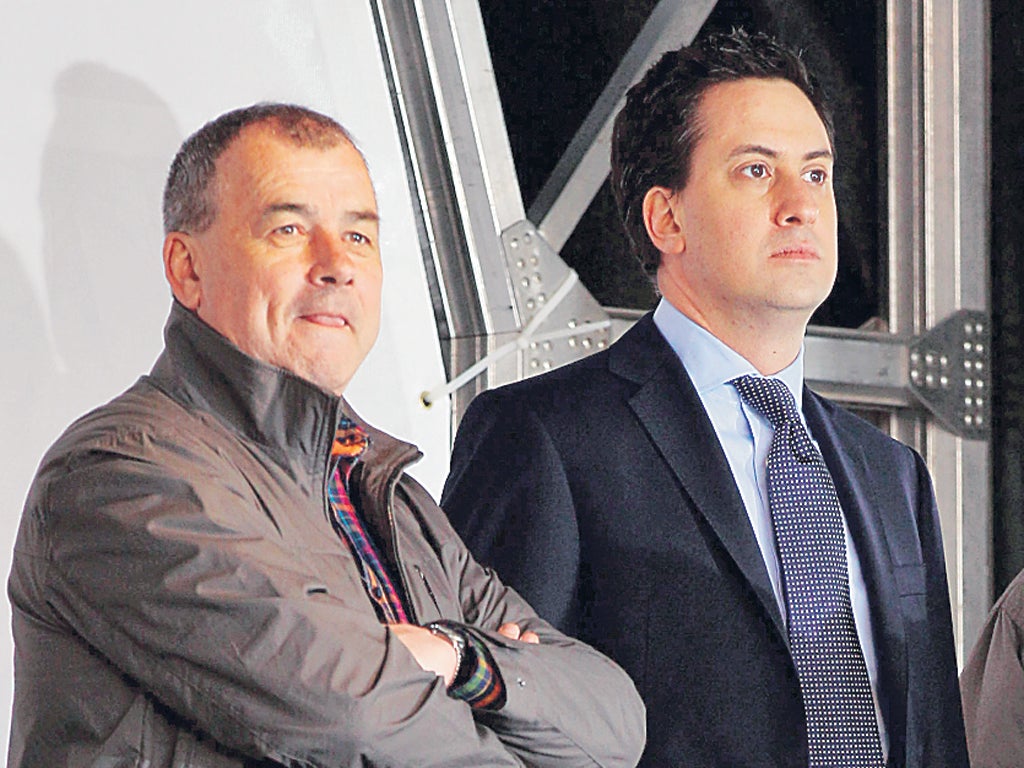War of words as Britain braces for mass walkout

Tensions soared between unions and ministers last night, as Britain braced itself for two million public sector workers to walk out on Wednesday in the biggest show of industrial strength since the 1970s.
As the Government repeated a warning that it would withdraw an improved offer if the pensions dispute was not settled by the end of the year, the TUC accused it of "alienating its entire workforce".
Plans for marches, pickets and protests are being finalised across the country, despite last-minute pleas from ministers for the action to be suspended.
Brendan Barber, the TUC's general secretary, said it was unlikely that the strikes would be averted.
Most schools are expected to shut for the day, some 60,000 routine operations and hospital appointments will be cancelled, council services will be closed and border controls thrown into disarray. Contingency arrangements for the strikes will be discussed today at a special session of the Government's emergency committee, Cobra.
The dispute centres on moves to increase the pensions contributions of most public sector staff, with each side accusing the other of failing to negotiate in good faith.
Francis Maude, Minister for the Cabinet Office, argued yesterday that most employees of private companies would give their "eye teeth" to have a pension scheme equivalent to the Government's latest "generous" offer to public sector staff two weeks ago.
"We have said there needs to be agreement on the main elements by the end of this year and if there isn't we absolutely reserve the right to take those elements off the table."
He said the action had been backed in ballots with low turnouts, which strengthened the case for new laws requiring a minimum number of union members voting before a strike is approved.
Mr Maude also confirmed that the UK Border Agency was considering drafting in the army to guard border controls on Wednesday.
But Mr Barber retorted: "The Government has managed to alienate its entire workforce.
"Even health service staff, who are very reluctant to strike, will be leaving their workplaces."
Subscribe to Independent Premium to bookmark this article
Want to bookmark your favourite articles and stories to read or reference later? Start your Independent Premium subscription today.

Join our commenting forum
Join thought-provoking conversations, follow other Independent readers and see their replies